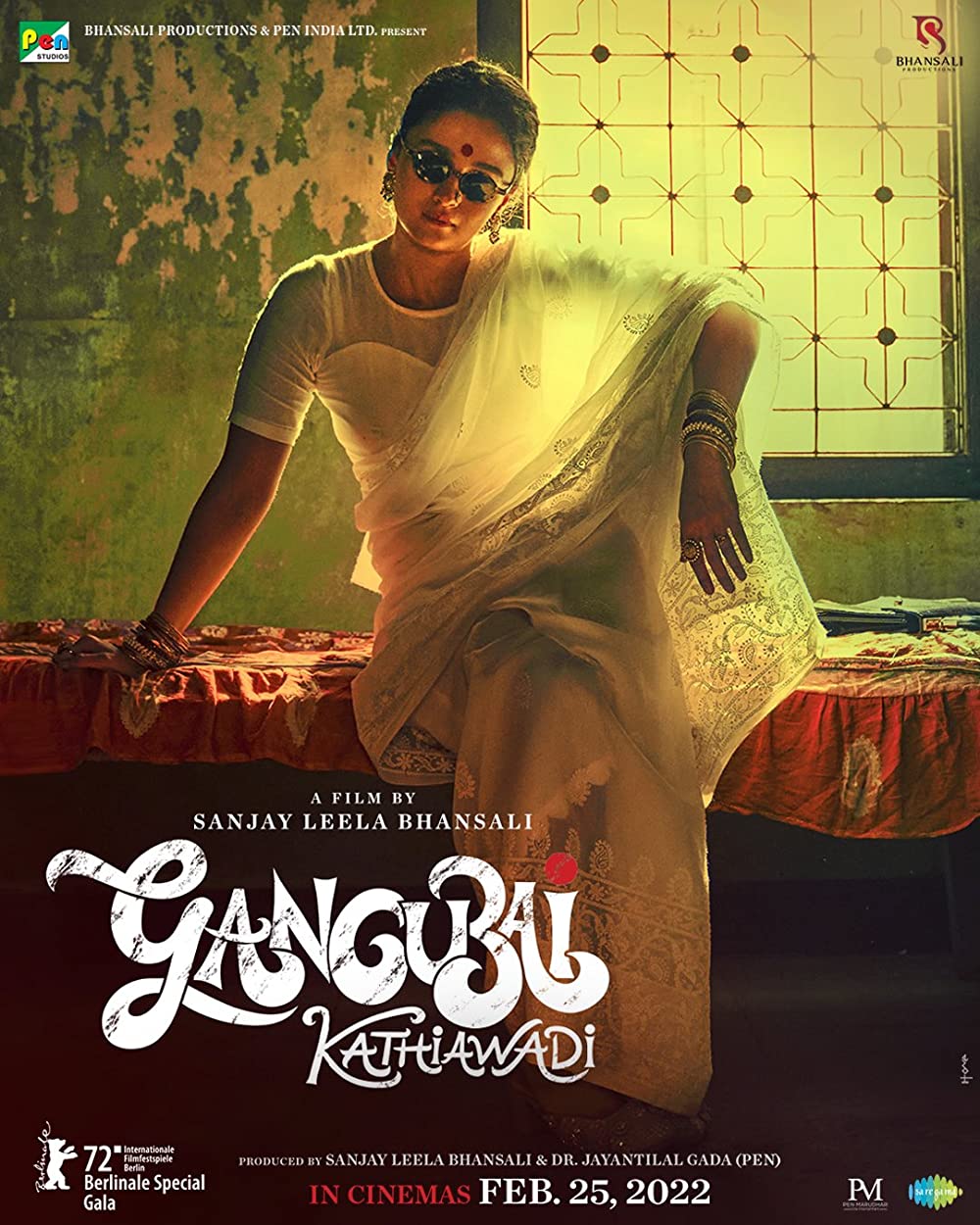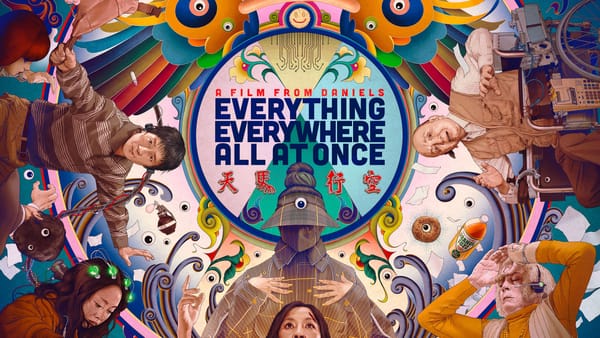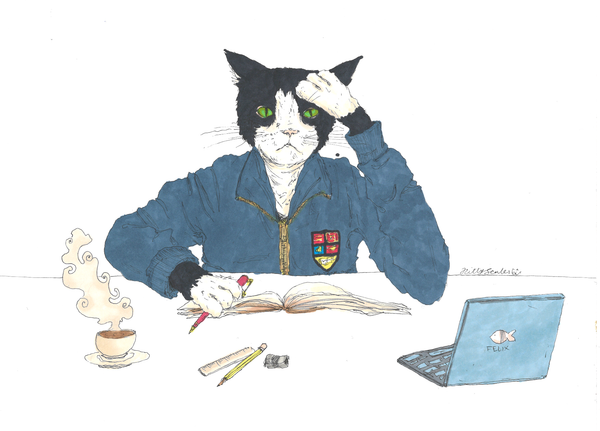Gangubai Kathiawadi
A new era for Bollywood?

Recently pushed to Netflix (and perfect as part of a post exam binge), Gangubai Kathiawadi is loosely based on the real-life story of a young woman tricked into prostitution from a position of privilege and her rise into power as a madam, political activist and more in Nehru’s India.
Set along the backdrop of the streets of Mumbai, this film is filled with sweeping shots and beautiful compositions that director Sanjay Leela Bhansali is famed for. The transition into musical numbers can seem jarring for an unfamiliar audience, but one is quickly overwhelmed by the raw emotion on display in these scenes. Arjit Singh in particular stuns as he always does and Shreya Goshaal’s voice is angelic over the film’s most intimate romantic scenes. Musical and visual composition have been combined wonderfully to create a treat for any viewer, even one who knows just as little Hindi as myself.
Shantanu Maheshwari deserves credit for his performance as the main romantic lead, displaying emotional vulnerability and range wonderfully. Ajay Devgan in particular steals the show every time he appears as Gangubai’s underworld ally Karim Lala , although some of his scenes are a little too comedic and slapstick for my tastes.
But this movie has only one star. Alia Bhatt puts on a magnetic performance as our main character Gangubai, mesmerizing and controlling seemingly throughout the film. This is a challenging role and could have easily fallen flat, but Bhatt tackles it with such fearlessness and fervour, that one cannot help but fall in love with our heroine (or anti-heroine??). As we are taken through different chapters of Gangubai’s life, Alia Bhatt maintains this air of supreme confidence and strength for the majority of her performance, which forms the soul of the film. However, she also beautifully captures the pain of the situation and it is these displays of vulnerability that resonate emotionally with the viewer (or at least it did with this viewer!) and allow us an intimate connection with our protagonist and perhaps an even greater respect for her achievements in the face of adversity. I can only do this performance so much justice in words, but the iconic image above of Gangubai in her sunglasses should give you an idea of the fear and desire she elicits from the men around her, executed well by our lead and her supporting cast.
This characterisation achieves something rarely seen in media across the globe, which is a well-written female anti-hero, one that provokes both sympathy and respect, but is not without its flaws. In some ways, the film glamorises and romanticises the life of Gangubai and shys away from criticising the harsher choices she makes, especially when Gangu’s political ambitions are explored in the latter half. Furthermore, the episodic nature of the film prevents a deeper dive into her character development, potentially leaving viewers wanting more.
As the film progresses, we see Gangubai stand up for the rights of the prostitutes and their children, and at the climax Alia Bhatt powerfully delivers a speech which I think any viewer from across the globe could stand to listen to. No matter your view on the world’s oldest profession and its morality, this is a reminder that these are human beings still worthy of respect and still rings true with the changing nature of sex work in the modern day.
This is a daring project from SL Bhansali and melds a grittier and darker subject theme with the charm, comedy, musical treats and high production value of the classic Bollywood blockbusters. This could easily have felt inauthentic, but thanks to Alia Bhatt’s best performance yet, and the respect and sensitivity shown to the subject matter, we get something that delivers on nearly every front. Perhaps we are witnessing a shift in direction from Bollywood, usually more conservative, especially with projects involving its biggest stars. For a global audience unfamiliar with Bollywood or foreign media, I can imagine no better introduction.









